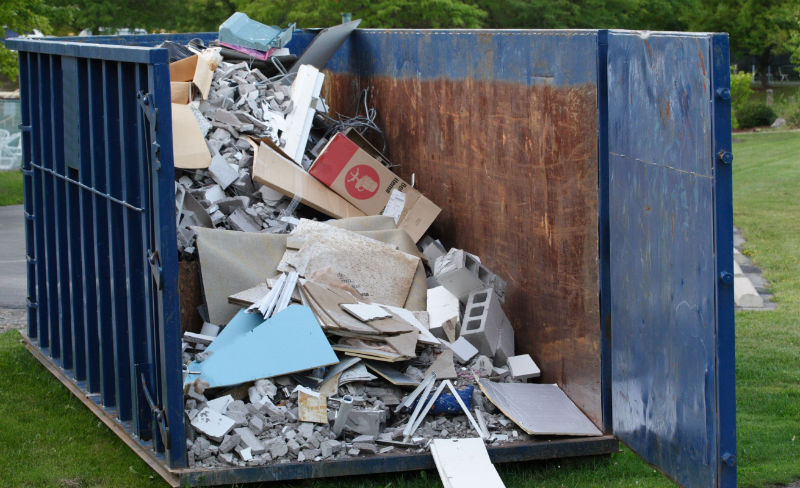An Aluminum Cans Recycling Service wants as many of these items as it can get because the metal is always in demand. Aluminum does not lose any of its inherent qualities no matter how many times it is recycled. Buying the recycled metal is much cheaper for manufacturers than needing to buy aluminum made from ore.
Environmental Harm
Mining of bauxite, from which new aluminum is made, is also very destructive to the environment. Most bauxite mining takes place in Australia. The ore is relatively near the Earth’s surface, so mining companies generally just remove all the soil above the rocks containing this metal, leaving an enormous destroyed area of land.
Alumina still must be extracted from the bauxite, a process that releases toxic chemicals into the environment. That manufacturing process, along with the smelting of aluminum, also releases significantly more greenhouse gases than the recycling process does.
Saving Natural Resources
In addition, substantially less oil and other natural resources are used in recycling aluminum compared to mining raw ore, transporting it and turning it into new metal. Recycling of aluminum uses less than 90 percent of the energy required for manufacturing new aluminum.
Choosing to Always Recycle
Even with recycling so pervasive in the 21st Century, U.S. residents still throw large numbers of cans into the trash instead of having an Aluminum Cans Recycling Service transport them away. One problem is the compulsion people seem to feel to clean out their cars when they’re on the road, leading them to toss cans and other recyclable materials into trash containers at convenience stores. Until all stores have recycling containers outside, the best solution is to keep those items in the vehicle until arriving home.
Where Recycled Aluminum Goes
After a company like Tiger Sanitation picks up aluminum cans, what do those objects eventually become? Most of them become cans once again, since there is such a big market for this particular item. When aluminum cans are brought to a recycling center, the aluminum is likely to be turned into new cans within 60 days, after which they are filled with beverage products and sent to market. More information on recycling can be viewed at Tigersanitation.com. You can also connect them on Facebook.






